Psy.D. in Clinical Psychology
Psy.D. in Clinical Psychology
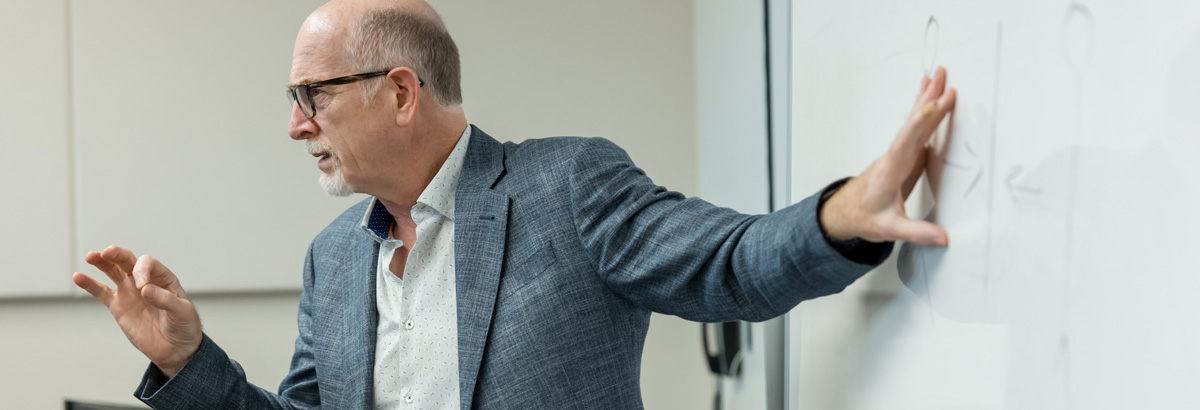

Program at a Glance
Format
On Campus
Total Credits
123
Cost per Credit
$1,504
Standard Completion Time
5–6 years
Accreditation
WSCUC / APA
Overview
Rosemead’s Doctor of Psychology in Clinical Psychology program equips psychologists with the knowledge, training and enhanced professional skills to care for people’s psychological needs in a variety of settings. By integrating the science of psychology with Christian theology, the program prepares graduates who understand and practice psychology as a God-ordained calling. As a practitioner’s degree, the Psy.D. is designed for those who primarily seek to go into full-time practice — and thus emphasizes the ability to understand and apply research, rather than conduct original research. The program has been accredited by the American Psychological Association (APA) since 1980.
There are several key advantages to enrolling in Rosemead’s Psy.D. program in clinical psychology, such as:
- Receive thorough preparation for full-time positions as a psychological practitioner.
- Learn from distinguished Christian psychologists and philosophers, with a student-faculty ratio of 8:1.
- Earn a Master of Arts in Clinical Psychology after the first two years of the Psy.D. program, pending fulfillment of all degree requirements.
For more reasons to choose Rosemead School of Psychology for your education, see the Why Rosemead? page.
Professional Licensure
Please visit the Professional Licensure page to see the states for which Biola University meets the educational requirements for the professional licensure program you are interested in.
Yes! Tell Me More!
Courses
What will I study as a Psy.D. in Clinical Psychology student?
The Psy.D. in Clinical Psychology is a rigorous doctoral program that involves extensive coursework, research, a clinical internship and a dissertation.
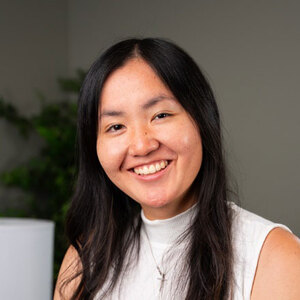
My experience at Rosemead was characterized by pronounced formation, both professionally and personally. It was the place where person met profession to forge the genesis of a meaningful vocational pursuit that serves as both a motive and incentive for my work. I remain truly humbled by and beholden to the professors, clients, cohort, and friends who have shown me what it is to live boldly, to heal courageously, and to encourage others to do the same.
Admissions & Deadlines
As a Christian institution, Biola seeks to admit applicants whose backgrounds clearly demonstrate scholarly aptitude, a commitment to the historic Christian faith, personal character and integrity, and a positive service-oriented motivation toward their field of study. Biola does not discriminate on the basis of the applicant's race, color, sex, socio-economic status, disability, or national or ethnic origin.
Education and GPA Requirements
- You must have a bachelor’s degree from an accredited institution, with an average grade of at least a "B" (minimum grade point average of 3.0 on a 4.0 scale).
- Note: If you do not meet the degree or GPA requirements above, you may still be considered for admission. Please contact the Office of Graduate Admissions office at graduate.admissions@biola.edu. If you are an international student, contact grad.international@biola.edu.
Prerequisites
- Applicants with a bachelor's or master's degree in psychology (or a closely-related field) — No prerequisite courses required
- Applicants with a bachelor's or master's degree in an unrelated field — Achieve a passing grade (C- or better) in five basic psychology courses (15 credits total)
- Four required courses in:
- General Psychology (introductory course)
- Statistics in Psychology
- Experimental Psychology (or Research Methods)
- Abnormal Psychology
- One additional course in any of the following (or related coursework):
- Theories of Personality
- Cognitive Psychology
- Social Psychology
- Developmental Psychology
- Physiological Psychology
- Multicultural Psychology
- Four required courses in:
GRE Test Scores
- The Official Graduate Record Examination (GRE) scores (verbal, quantitative and analytical writing) are optional. However, scores can be submitted if you feel that they will strengthen your application overall.
English Proficiency Requirements
- If English is not your first language, you are required to display your English proficiency before admittance into a Biola University graduate program. See “English Proficiency” in the application steps section below.
Important Dates and Deadlines
| Deadline Type | Date |
|---|---|
| Early Action Deadline | November 1 ($65 application fee is waived; use code: RSMDEARLY23) |
| Regular Deadline | December 1 |
| Information Sessions | September-March *PhD/PsyD General Information Session and Faculty & Student Panels. Please RSVP under the News & Events tab. |
| Interviews | Will take place in January and February |
| Admissions Decisions | Decisions will be made by the end of March |
Visit Biola
Explore our sunny Southern California campus in person or virtually. Learn more about your program of interest and the admissions process by scheduling an appointment with an admissions counselor.
Meet Your Admissions Counselor
If you have more questions about the program, admissions process or Biola in general, schedule a phone call or send an email to your admissions counselor.
Graduate Admissions Counselor
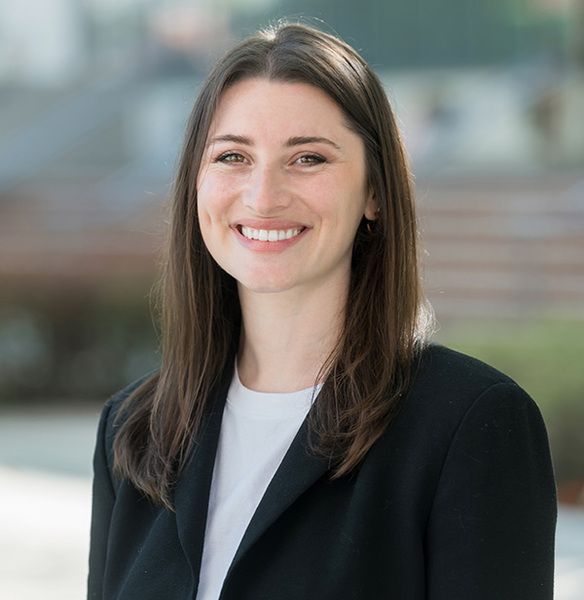
Email: arianna.kokol
Text or Call: (562) 564-6688
Book a Phone or Virtual Appointment
International Graduate Admissions Counselor
The Office of International Admissions serves students who are not citizens or permanent residents of the United States.
Email: grad.international@biola.edu
Book a Phone or Virtual Appointment
Application Steps
Complete and submit the online application
Submit a non-refundable $65 application fee
Submit supplemental application materials through your online application portal:
- Submit all official transcripts from previous academic institutions.
- Request official transcripts from all colleges and universities attended.
- If enrolled at the time the application is filed, be sure to request transcripts of work finished to date and final transcripts upon completion of your course of study.
- Transcripts will be considered official only when a) mailed directly from the institution to Biola, b) sent electronically through an approved vendor or c) physically delivered in an untampered envelope sealed by the institution. Final approval for admission is contingent on receiving an official transcript.
- Mail transcripts to:
Biola University Office of Graduate Admissions
13800 Biola Avenue, La Mirada, CA 90639
- Mail transcripts to:
- International Transcripts: All international transcripts should be evaluated by a credential evaluation agency like SpanTran (Biola Discount), World Education Services (WES) or Foundation for International Services (FIS). Be sure to choose "course by course report" and have SpanTran/WES/FIS send them directly to Biola University via online portal or post (13800 Biola Ave, La Mirada, CA 90639) in order to be considered official.
- One academic recommendation (written by a faculty member)
- One spiritual mentor/leader recommendation (written by a pastor, spiritual director, ministry/church leader or bible study/small group leader)
- One additional recommendation of your choice (i.e., academic, employer or character reference). An employer reference can be an employer or supervisor. A character reference can be anyone other than a family member.
- Note: Additional instructions can be found in the online application.
- The essay prompts (seen below) can be found in the online application:
- What significant events, influences, and experiences have you had which directed your interests towards clinical psychology? What would you like to do in this field after you graduate and obtain licensure?
- What is it about Rosemead that interests you? How does your Christian faith integrate with your professional interests in clinical psychology?
- How do you view cultural diversity within the realm of clinical psychology? How would you engage and effectively work with others (e.g., clients, peers, faculty, supervisors) who do not fully agree with your perspectives or have opposing views to you?
- What are your research interests and how did you get interested in these topics? Are there faculty members that appear to have similar research interests as you?
- What significant events, influences, and experiences have you had which directed your interests towards clinical psychology? What would you like to do in this field after you graduate and obtain licensure?
- A copy of your resume or Curriculum Vitae (CV)
- Evidence of English proficiency is required for all students to support student success. Proficiency must be shown through one of the methods described below:
- Minimum test score on a qualifying standardized test
- TOEFL: minimum score of 100 iBT
- IELTS: minimum score of 7.5
- Duolingo: minimum score of 125
- A degree (bachelor’s, master’s or doctoral) issued by an institution where English is the medium of instruction.
- Official written communication from the institution (Registrar, Controller of Examinations Office, or Undergraduate College)
- Official degree statements or transcripts may be accepted given English is stated as the medium of instruction
- Official catalog verification
- Note: For universities from non-Anglophone countries, further language assessment may be required.
- Minimum test score on a qualifying standardized test
Interview with a faculty member (will take place in January and February)
- Track your application status at any time. You do not have to complete the application in one sitting. You can complete a portion and finish at a later time. Your information will be saved. When you apply, to guarantee confidentiality, you will be asked to create a user name and a password, and will receive a personalized identification number. Track your application status by logging in to the online application.
- Our admissions committee will carefully review your application. All those who are considered for acceptance will be placed in a group to be interviewed and ranked before the end of March. At that time, we will offer a limited number of acceptances to the highest-ranking applicants. A limited number of applicants will be placed on the waiting list for each program. When there are no further opportunities to be placed in the program, all applicants will be notified.
- Official documents presented for admission or evaluation become part of the student’s academic file and normally cannot be returned or copied for distribution.
- International students who will be studying on campus are required to apply for an F-1 student visa. For more information, visit biola.edu/international/admitted-students.
Official Transcripts
Three Reference Letters
Essays
Resume or CV
English Proficiency (required for non-native English speakers)
Things to Note
Tuition and Financial Aid
Biola is committed to help make your studies affordable — each school offers different scholarship, grant and loan opportunities to help finance your education.
| Cost Per Credit (2026‑27) | $1,504 |
|---|---|
| Tuition Per Term (Estimated) Based on 12-16 credit courseload | $18,050 |
| Total Program Tuition (Estimated) Based on total program credits and 2026‑27 cost per term | $184,992 |
Faculty
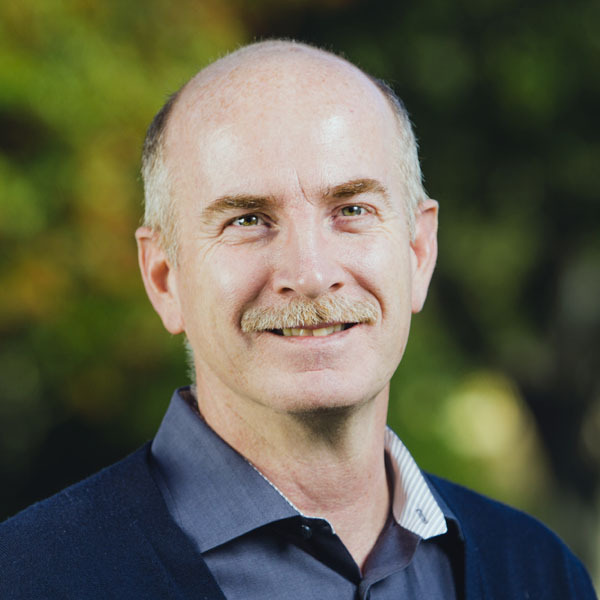
Earl Bland
Professor of Psychology
- Psy.D., Illinois School of Professional Psychology
- M.A., Wheaton College
- B.A., Evangel University
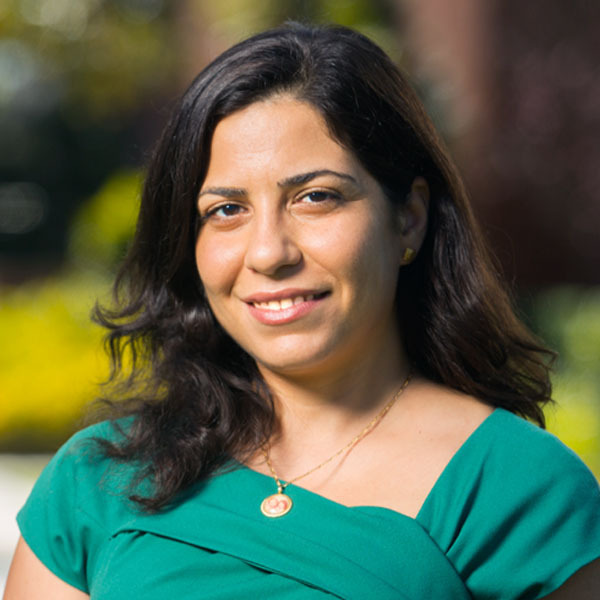
Tania Abouezzeddine
Associate Professor of Psychology
- Post-doctorate, University of California Los Angeles
- Ph.D., University of Southern California
- M.A., Boston University
- B.A., American University of Beirut
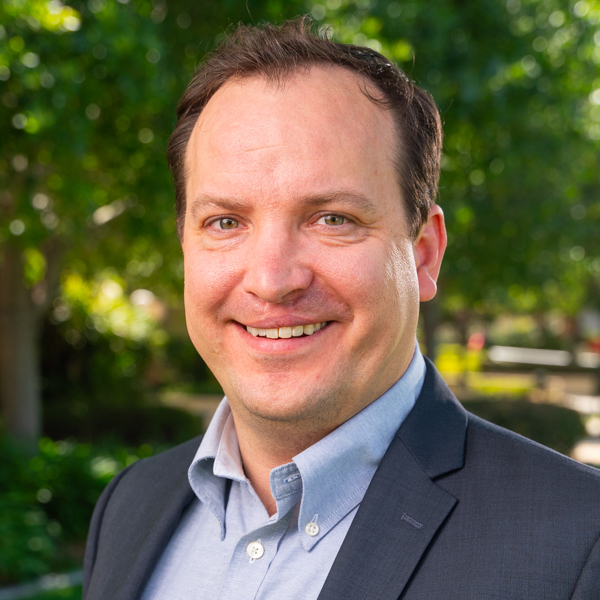
Andrew Shelton
Associate Professor of Psychology
- Ph.D., University of North Texas
- M.S., University of North Texas
- M.A., Wheaton College
- B.A., Baylor University
FAQs
Explore the frequently asked questions related to general, program and admissions for the Psy.D. in Clinical Psychology program at Biola University.
Additional Information
Student Admissions, Outcomes and Other Data
Find admissions and outcome data for our Psy.D. program through the report below.
Biola Graduate Community Standards
View our Biola Graduate Community Standards.
Commission on Accreditation
For questions related to the program’s accredited status, please direct them to the Commission on Accreditation.
Compare the Ph.D. and Psy.D.
Discover which of Rosemead’s two doctoral programs is the best fit for you.